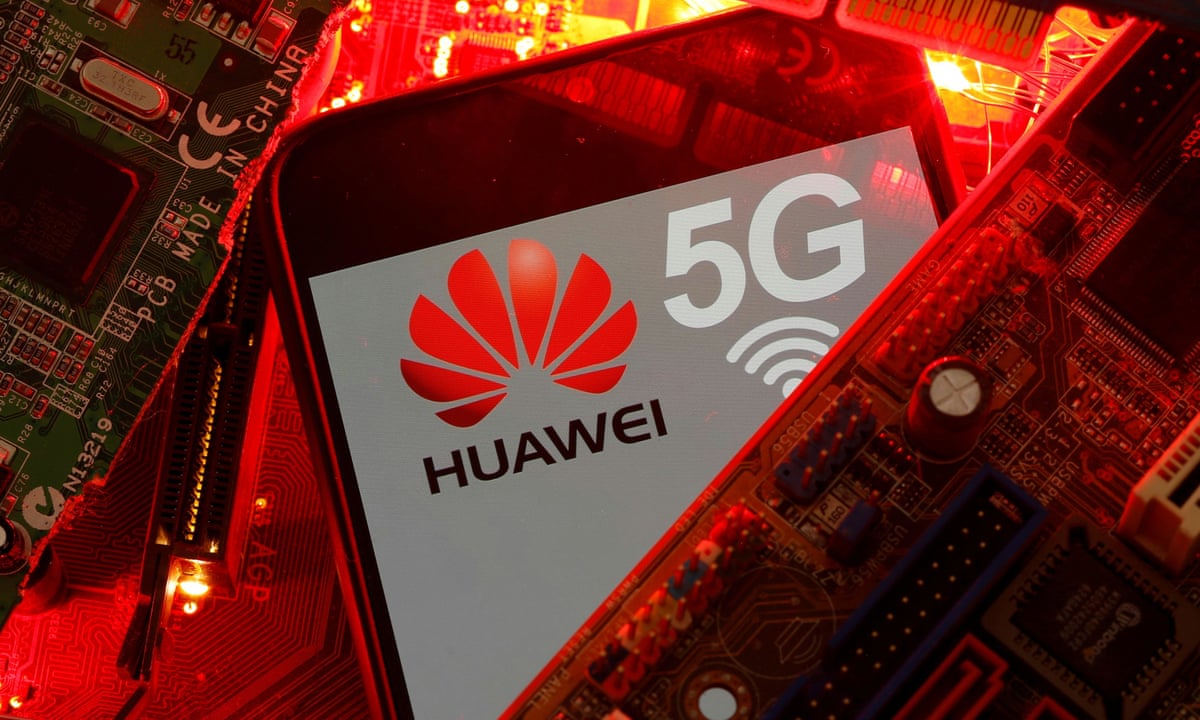Huawei’s 5G wireless and core network equipment (5G RAN gNodeB, 5G Core UDG, UDM, UNC, UPCF) and LTE eNodeB has passed the GSMA’s Network Equipment Security Assurance Scheme (NESAS).
Huawei got its approval in March, 2020.
USA, China, Huawei and anti-globalisation sentiments
How technology can aid the fight against COVID-19 – Huawei
“GSMA NESAS is the latest approach in assessing the network security of mobile communications.
“In the 5G era, NESAS provides a standardized and effective cyber security assessment, which allows the communications industry to ensure fairness.
“The Assessment is also a valuable reference for stakeholders, such as operators, equipment vendors, government regulators, and application service providers.
“Huawei has always focused on technology-driven cyber security.
“We welcome NESAS with full support and collaboration.
“We also invite the entire industry to jointly promote the development of a more aligned mobile communications market,” said Devin Duan, Head of 5G E2E Cybersecurity Marketing, Huawei.
He said for Huawei, cybersecurity assurance is a shared goal between Huawei, customers, supervisory authorities, and other stakeholders.
Trust in cybersecurity has become a major global concern as the world becomes more digital.
According to him, Huawei believes that trust must be based on verifiable facts, which should in turn be based on shared standards.
“We believe that this is an effective way to build trust in the digital era,” accrding to Duan.
Huawei supports GSMA and 3GPP in developing a global standardized security assessment, an idea that has largely been accepted as an industry consensus.
GSMA NESAS boosts the industry’s confidence in telecom network equipment, making it a practical choice for the industry and an important consideration for all regional markets, to jointly promote the development of more aligned mobile communications market.
NESAS is a standardized cybersecurity assessment mechanism jointly defined by GSMA and 3GPP, together with major global operators, vendors, industry partners and regulators.
It provides an industry-wide security assurance framework to facilitate improvements in security levels across the mobile industry.
It is a voluntary scheme through which network equipment vendors subject their product development and lifecycle processes to a comprehensive security audit against the currently active NESAS release and its security requirements.
The summary independent audit reports of the NESAS assessment can be found here
GSMA NESAS, which is widely accepted in the industry, ensures that the relevant equipment meets the Scheme’s 5G network security and reliability requirements.
The integrated assessment process avoids fragmented assessments and their resulting costs, while improving the transparency of security protection levels in the industry through visual and measurable results.
NESAS covers 20 assessment categories, defining security requirements and an assessment framework for 5G product development and product lifecycle processes.
Additionally it uses security test cases defined by 3GPP to assess the security of network equipment.
NESAS promotes this concept, and as such, Huawei urged the industry to widely adopt NESAS.
Prior to passing GSMA NESAS, Huawei also passed the 5G cyber security test by China’s IMT-2020 (5G) Promotion Group.
These test specifications are based on the 3GPP international standards for 5G security assurance.
– About Huawei –
Huawei is a leading global provider of information and communications technology (ICT) infrastructure and smart devices.
With integrated solutions across four key domains – telecom networks, IT, smart devices, and cloud services – the company is committed to bringing digital to every person, home and organization for a fully connected, intelligent world.
Through open collaboration with ecosystem partners, it creates lasting value for our customers, working to empower people, enrich home life, and inspire innovation in organizations of all shapes and sizes.
The company has more than 194,000 employees, and operates in more than 170 countries and regions.
Founded in 1987, Huawei is a private company wholly owned by its employees.

 Join Daily Trust WhatsApp Community For Quick Access To News and Happenings Around You.
Join Daily Trust WhatsApp Community For Quick Access To News and Happenings Around You.


